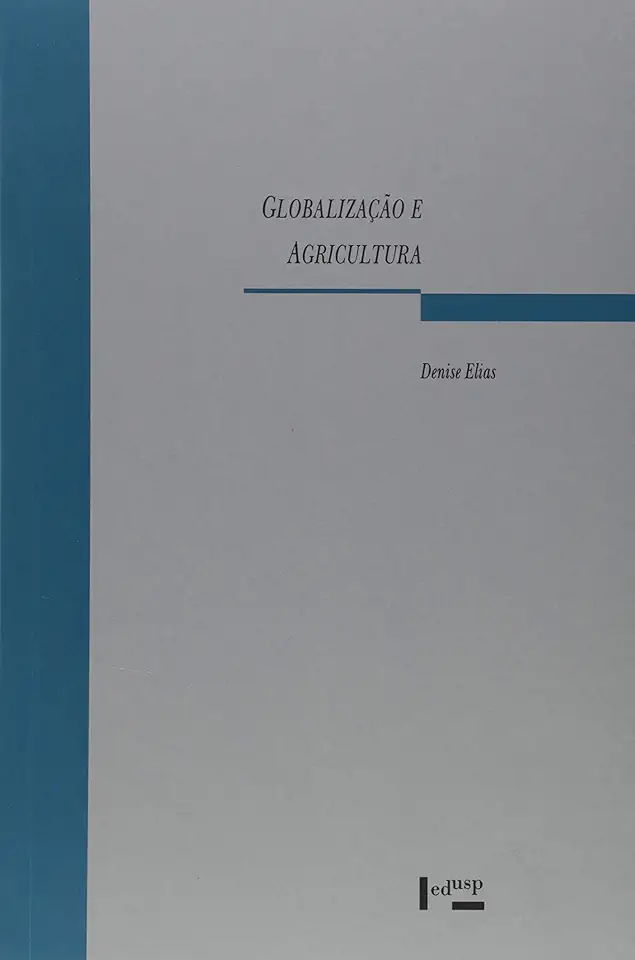
Globalization and Agriculture - Denise Elias
Globalization and Agriculture: The Impacts of a Changing World
In today's interconnected world, globalization has become an unavoidable force that has profoundly impacted various sectors, including agriculture. Denise Elias's book, "Globalization and Agriculture," provides a comprehensive analysis of the complex relationship between globalization and agriculture, shedding light on the challenges and opportunities that arise from this dynamic interplay.
Understanding the Nexus: Globalization and Agriculture
Globalization has revolutionized the agricultural landscape, transforming the way food is produced, distributed, and consumed. Elias delves into the intricate connections between globalization and agriculture, exploring how trade liberalization, technological advancements, and changing consumer preferences have reshaped the global food system.
Trade and Market Dynamics
One of the central themes of the book is the impact of trade liberalization on agriculture. Elias examines how the reduction of trade barriers has facilitated the flow of agricultural products across borders, leading to increased competition and specialization. She analyzes the implications of trade agreements, such as the World Trade Organization (WTO) agreements, on agricultural markets and the livelihoods of farmers.
Technological Advancements and Innovation
Technological advancements have played a pivotal role in shaping modern agriculture. Elias highlights the transformative effects of mechanization, biotechnology, and precision agriculture on farming practices. She explores how these innovations have enhanced productivity, efficiency, and sustainability in agricultural production, while also raising concerns about their potential social and environmental impacts.
Changing Consumer Preferences and Food Systems
Globalization has also brought about significant changes in consumer preferences and dietary patterns. Elias examines the growing demand for processed and convenience foods, as well as the rise of organic and sustainable agriculture. She analyzes how these shifts have influenced agricultural production and supply chains, and the implications for food security and nutrition.
Challenges and Opportunities
While globalization has brought about numerous benefits, it has also posed challenges for agriculture. Elias identifies issues such as market volatility, price fluctuations, and the concentration of power in the food industry. She emphasizes the need for policies and regulations that promote fair trade, support small-scale farmers, and ensure equitable access to resources.
Towards Sustainable and Resilient Agriculture
The book concludes by exploring pathways towards sustainable and resilient agriculture in the face of globalization. Elias proposes strategies for fostering agroecological practices, enhancing local food systems, and promoting rural development. She argues for a transformative approach that prioritizes social justice, environmental sustainability, and food sovereignty.
Why You Should Read This Book
"Globalization and Agriculture" is a must-read for anyone interested in understanding the complex dynamics shaping the global food system. With its comprehensive analysis, insightful perspectives, and thought-provoking discussions, this book offers valuable insights for policymakers, researchers, practitioners, and anyone concerned about the future of agriculture and food security.
Purchase Your Copy Today!
Don't miss out on this essential resource that will deepen your understanding of globalization and agriculture. Order your copy of "Globalization and Agriculture" today and embark on a journey to explore the intricate connections between these two powerful forces that shape our world.